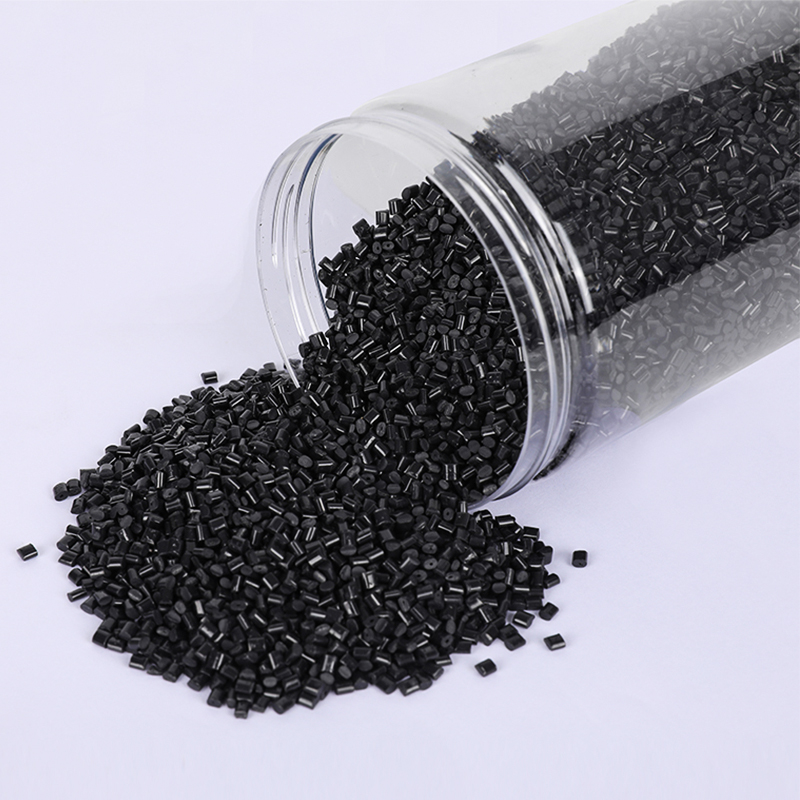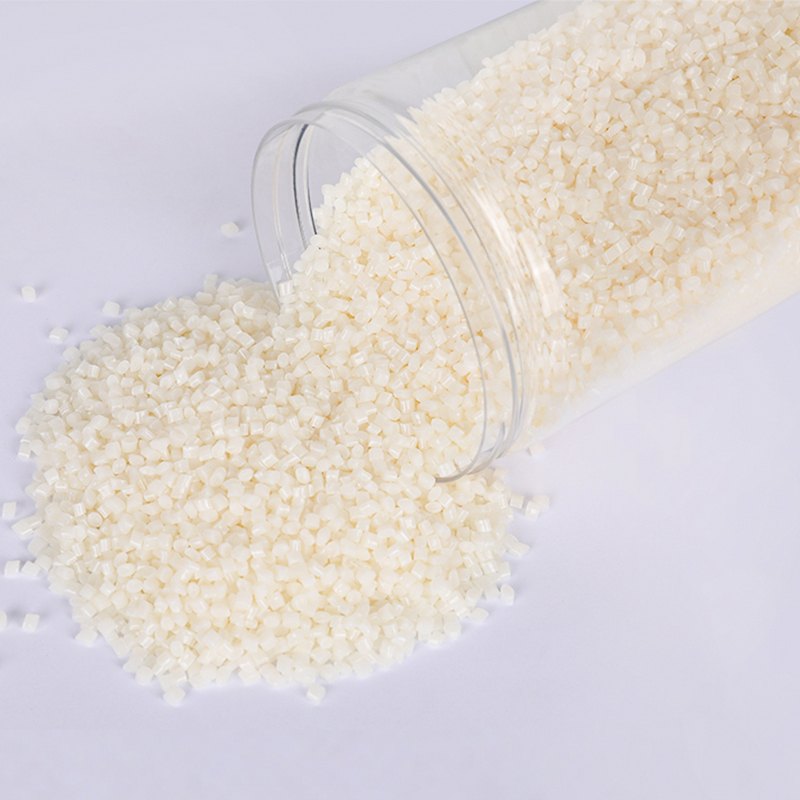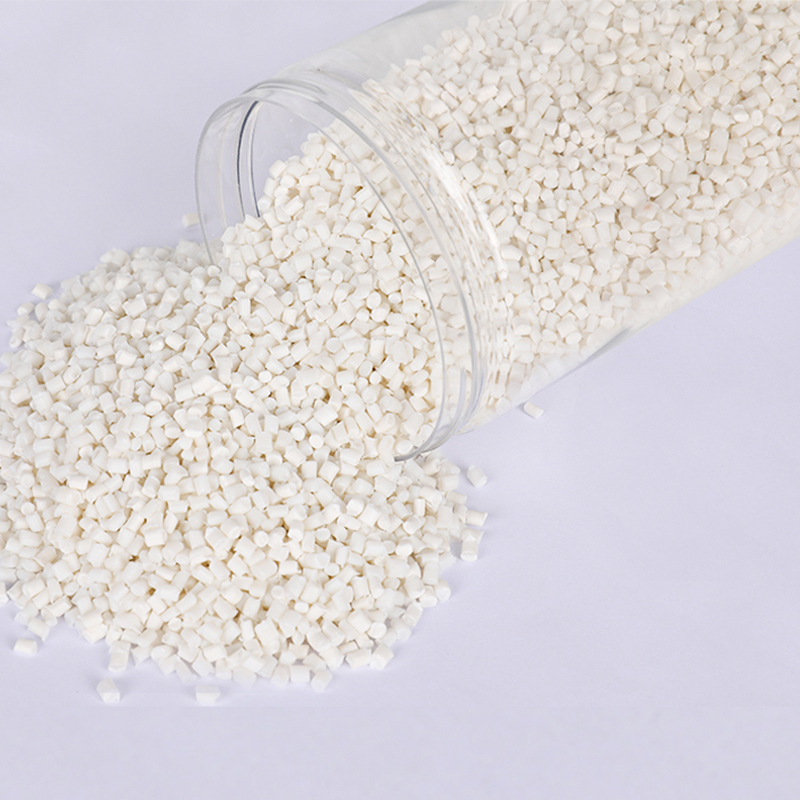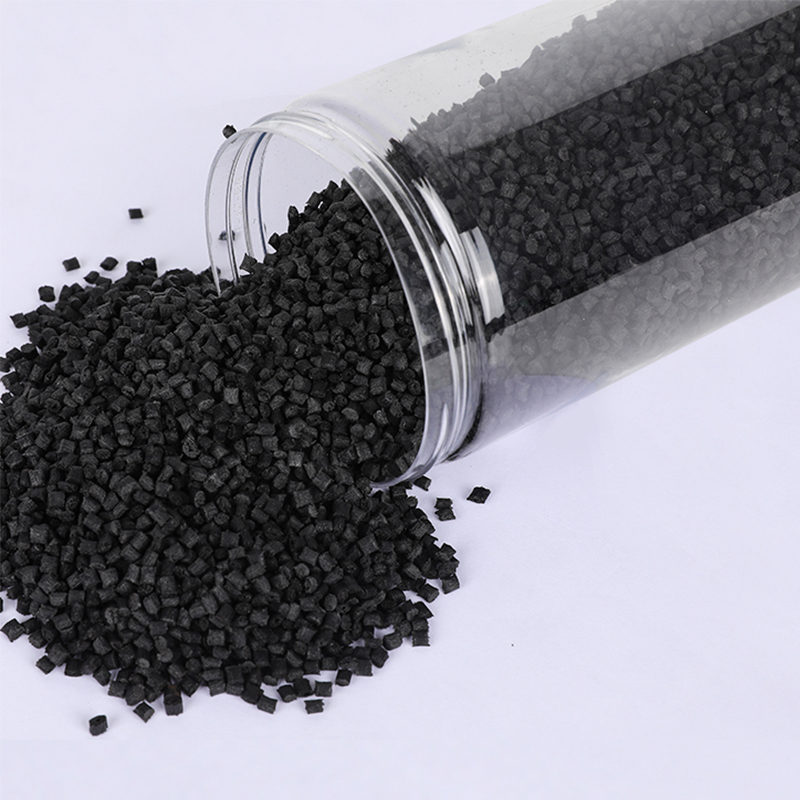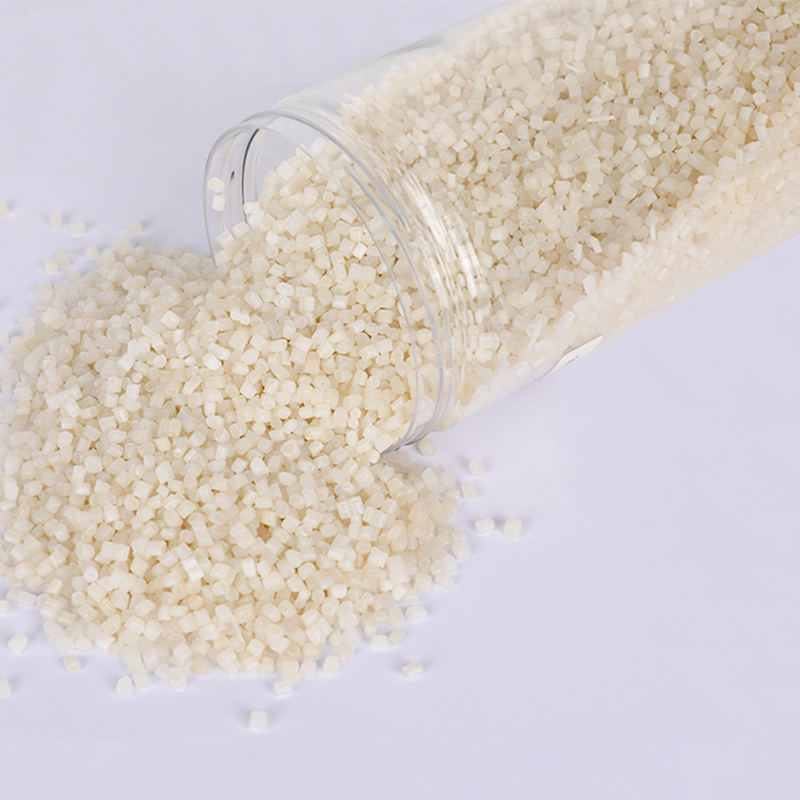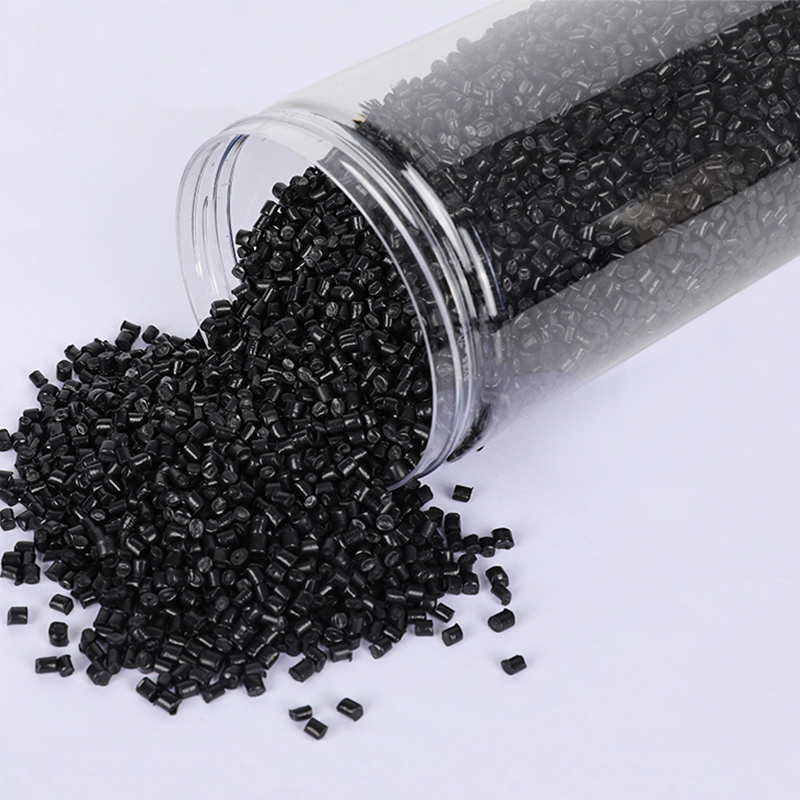Stay up to date with our recent products
Web Menu
Product Search
Exit Menu
What is the future outlook for recycled polypropylene in the marketplace?
Recycled polypropylene plastic is increasingly recognized for its versatility, durability, and resistance to heat, chemicals, and fatigue, making it an attractive material for a wide range of applications, from packaging and textiles to automotive components and medical devices. The process of recycling polypropylene involves collecting used products, cleaning and sorting them, and then melting the plastic to create pellets or other forms suitable for manufacturing. This closed-loop system not only allows for the effective repurposing of materials but also contributes significantly to sustainable practices by reducing reliance on virgin plastic production.
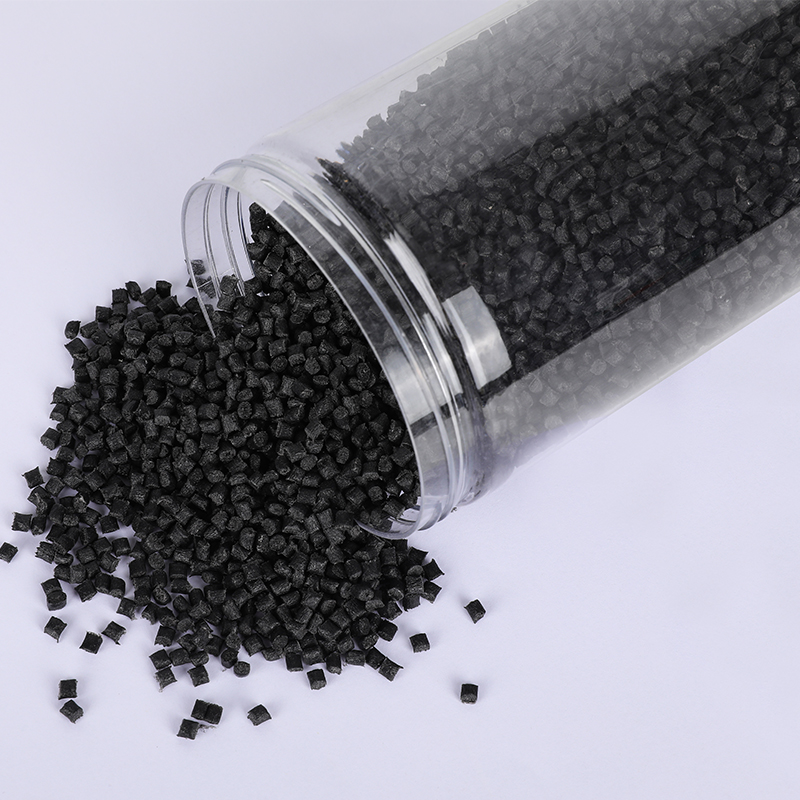
The future outlook for recycled polypropylene in the marketplace appears promising, driven by growing environmental concerns and regulatory pressures. As consumers become more aware of the environmental impact of plastic waste, there is a notable shift toward products made from recycled materials. Many companies are now prioritizing sustainability in their supply chains, seeking to incorporate recycled polypropylene to enhance their eco-friendly credentials. This demand is further supported by legislative initiatives worldwide aimed at reducing plastic waste and promoting recycling. Governments are implementing stricter regulations that encourage the use of recycled materials, providing incentives for companies to invest in recycling technologies and infrastructure.
Economically, the commercial value of Recycled polypropylene plastic is on the rise. While recycled materials were once seen as inferior substitutes, advancements in recycling technologies have improved the quality of recycled polypropylene, making it increasingly competitive with virgin materials. As the market demand for sustainable products continues to grow, the cost of recycled polypropylene may stabilize, providing manufacturers with a viable alternative that can enhance their bottom lines while reducing their carbon footprint. Furthermore, as industries look to meet their sustainability goals, the integration of recycled polypropylene into product designs can lead to significant cost savings and improve overall efficiency.
Moreover, public sentiment is shifting towards a more sustainable lifestyle, leading to an increase in consumer demand for products made from recycled materials. This shift is encouraging brands to innovate and develop new applications for recycled polypropylene, expanding its presence in everyday products. From consumer goods to automotive parts, the potential for growth is substantial, as businesses respond to the changing preferences of environmentally conscious consumers. As recycling infrastructure improves and technology advances, the quality and availability of recycled polypropylene are expected to increase, further solidifying its role in the marketplace.
As China PCR Recycled Plastic Granules Factory, We always adhere to the experience and philosophy of "keeping up with the times, constantly innovating, developing efficiently, and cooperating for mutual benefit"

Address: No.11, Wangzhuang Section, Provincial Road 01, Daqiao New Area, Economic Development Zone, Haiyan County, Jiaxing City, Zhejiang Province, China
Phone: +86-18058285678
Fax: +86-0573-86868101
E-mail: [email protected]
SUNRISE GROUP(Overseas Exclusive Agent)
www.sunrisechemical.com
2024 ICIS Global Chemical Distributor Top 8
Export Sales Manager:Helen Zhang
Mob/Whatsapp: +86 19883063465
Email: [email protected]
Copyright © Jiaxing Anyiju Plastic Industry Co., Ltd. All Rights Reserved

 简体中文
简体中文 English
English

